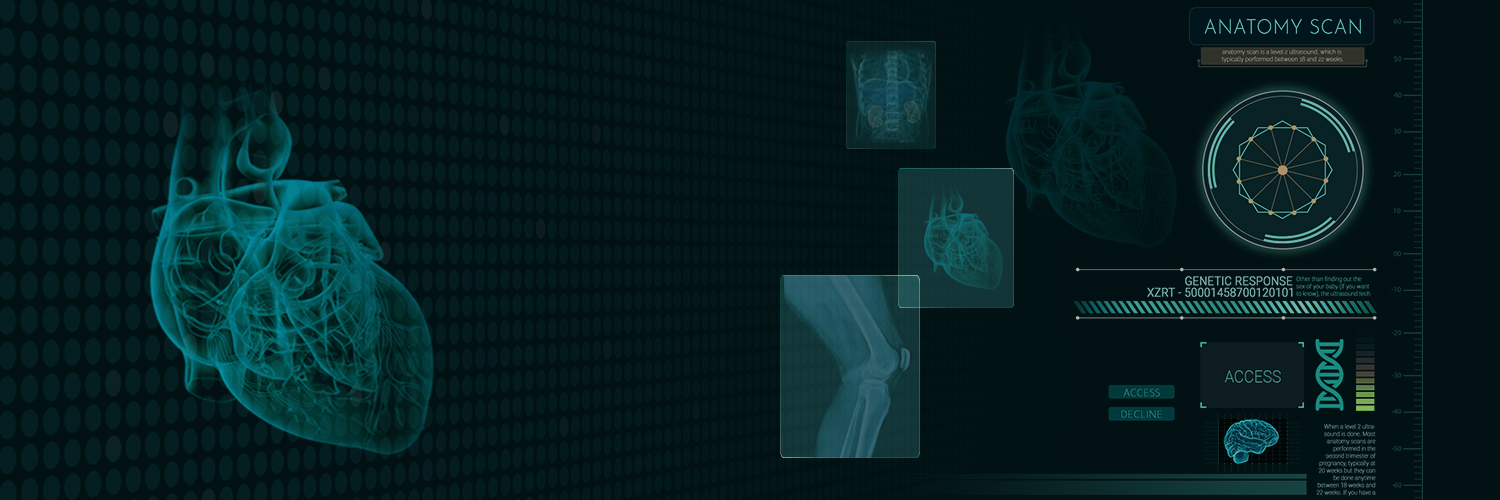
FACTORS AFFECTING SPECIATION
The important factors which could lead to the rise (or formation) of a new species are the following:
Geographical isolation of a population caused by various types of barriers such as mountain ranges, rivers and sea.
The geographical isolation leads to reproductive isolation due to which there is no flow of genes between separated groups of population,
Few members of a species get isolated from other members due to some geographical changes and grows in a different land and eventually evolves as a new species with new adaptations according to its environment.
Let there be a species of flies living on land A, out of which some fed on dead animals. If there is a flood which washed off the dead animals and the flies feeding on them, a few groups of flies get isolated from the other members to another land B. The environmental conditions in land B are different from those on the mainland A. So, the groups of flies which now live in land B start to adapt themselves accordingly. Gradually, the individual’s structure and functions alter to give rise to a new species known as speciation. Even if this new species was reintroduced to the mainland A, they would not mate with those flies. New species start to mate amongst themselves resulting in a population of new species.
Hybridization: It is the development of a new species artificially. Two parents from different species are mated to form a third species in animal husbandry,.
GENETIC DRIFT: The random change in gene frequency and gene number by chance only, irrespective of its being advantageous or not in a population is called genetic drift. The effect of genetic drift is very small in a large population but its effect is large if population is small. So, the Genetic drift caused by drastic changes in the frequencies of particular genes by chance alone.